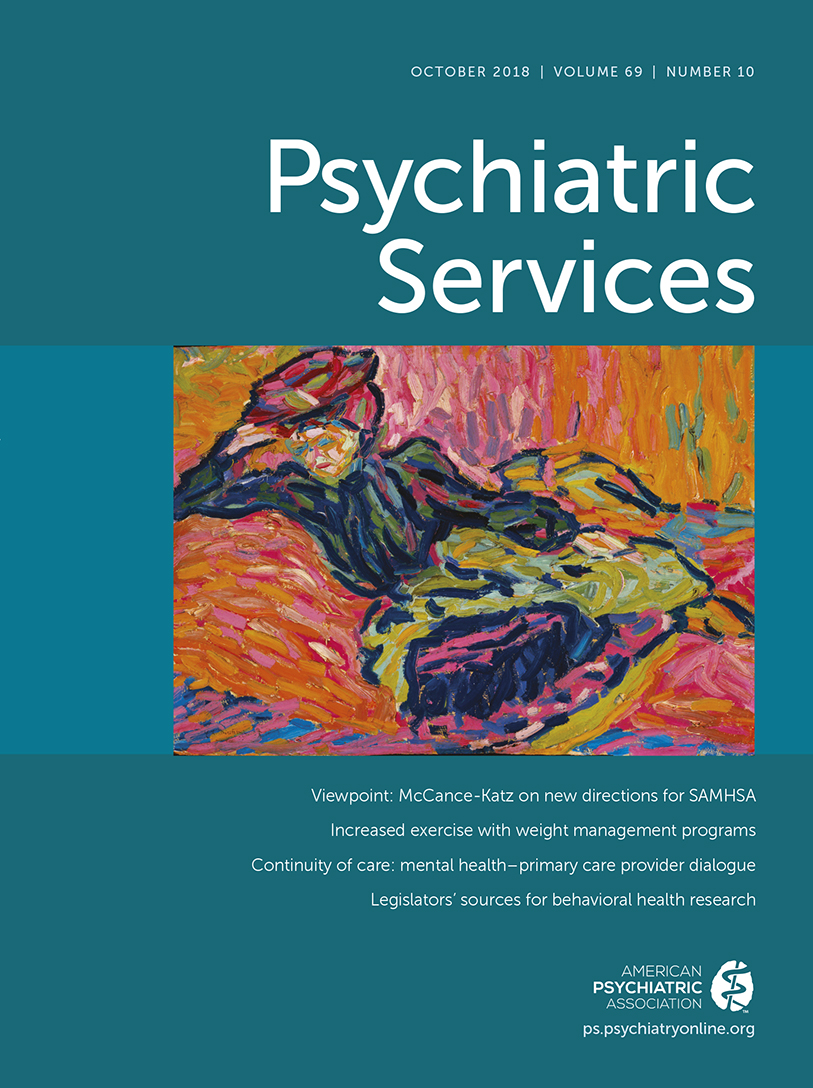Ordering Abstinence: How Far Can Courts Go in Requiring Offenders to Remain Substance Free?
Abstract
Courts routinely order defendants into treatment for substance use, requiring them to remain abstinent. A recent Massachusetts challenge to this practice claimed holding offenders responsible for behavior they could not control was unfair. Had the challenge been successful, it would have called into question the constitutionality of the successful drug court model, which is also applied in probation and parole settings. In rejecting the defendant’s claims, the court made clear its skepticism that substance use disorders result in a complete loss of control over drug use and its reluctance to interfere with an established approach to problematic substance use.



